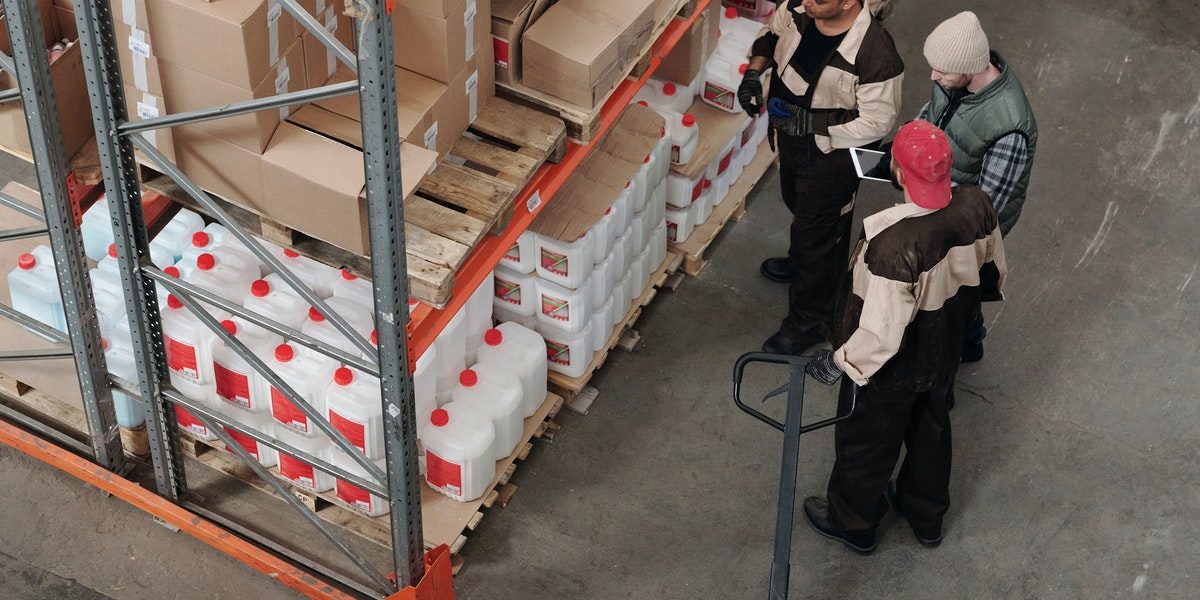The healthcare industry contains a wide variety of products and services that require a solid healthcare logistics plan. The essential mission of logistic and supply chain management is to efficiently plan, organize and handle the movements of items from a point of origin to point of consumption. You need a reliable healthcare logistic provider for a patient’s groundbreaking cancer treatment, pharmaceutical products, medical devices, and operative equipment. Medical logistics also include the flow of patients through the hospital. The complexity in hospitals is high and involves numerous activities organized in different departments.
Logistics also have an impact on production planning to utilize resources efficiently. As part of the above, it is also essential to identify where costs are spent at the different stages of service. Therefore, healthcare logistics is a matter of identifying how resources are used, organized, planned, and coordinated to attain a better flow. Therefore, logistic management is the backbone of any organization since it ensures shipping, delivery, and supply chain management. Here are some tips that will help you to optimize and improve your logistic management to thrive in 9n healthcare:
Manage Contacts Meticulously
Customer satisfaction is the ultimate goal of any logistic chain since it affects the company standards. One of the most crucial aspects of a logistics company is the time it takes from order placement to delivery. Most hospitals use group purchasing organizations (GPO) to take care of contracts according to the healthcare supply chain association.
GOPS leverages the contracts and helps providers save costs on products and services. Although GPO handles aspects of contracts providers must pay attention and examine pricing and contracts carefully so they are aware of strict confidentiality clauses.
Effective Inventory Management
It is important to manage the inventory levels because most manufacturers struggle with moving inventory through the supply chain. The products expire as a result of not being used appropriately. Healthcare executives must use quality equipment to help manage the inventory levels.
Use of Technology And Analytics
Healthcare executives should use effective technologies to successfully make improvements to a supply chain. Therefore, using analytic and automated tools would help make supply chain management a less difficult and hectic process. This would help prevent financial waste and also support more transparent data-driven choices.
Establish Effective Pricing System
Providers need to understand the cost to have an effective pricing system in place. To achieve this goal many organizations use accounting methods to help their pricing system run effectively and smoothly.
However, a pricing system also requires a pricing strategy, therefore, you must capture, track, and manage information about your supplies and labors. Make sure to review publicly available databases to compare your pricing with competitors.
Improve Order Accuracy
To avoid a large error rate associated with the ordering process healthcare Logistics providers must improve accuracy. Providers need to improve ordering accuracy which would help them to improve supply chain efficiencies.
When the product orders go wrong, revenue is lost and sometimes the facility may not have products that had to be delivered. Therefore, accuracy can lead to a more efficient process by decreasing turnaround times in the ordering process for care.
Redefine And Evaluate the Standard Operating Procedure
To help your team work as a cohesive unit to minimize inefficiencies of production you must implement some changes in SOPs. it only requires some small steps to yield big results, you just need to focus on improving the information flow across logistic chains.
Healthcare logistic executives must implement a double-checking system to reduce human error and duplicate shipments. Analytic reports must be used to share to make sure people are clear about their roles and responsibilities.
Conclusion
Healthcare logistics management can be sometimes complex and time-consuming but the right technologies, strategies, and analytics can make it easier. Logistic activities represent a significant role in operational costs and healthcare therefore it is important to know how to improve the logistic system.
Modern tools and systems are designed to speed up organizations’ efficiency so now is the time to adopt them. Following this strategy, you can reduce manual interference and human error. This would help improve patient outcomes and strengthen long-term supply chain goals that center both patients and clinicians.








